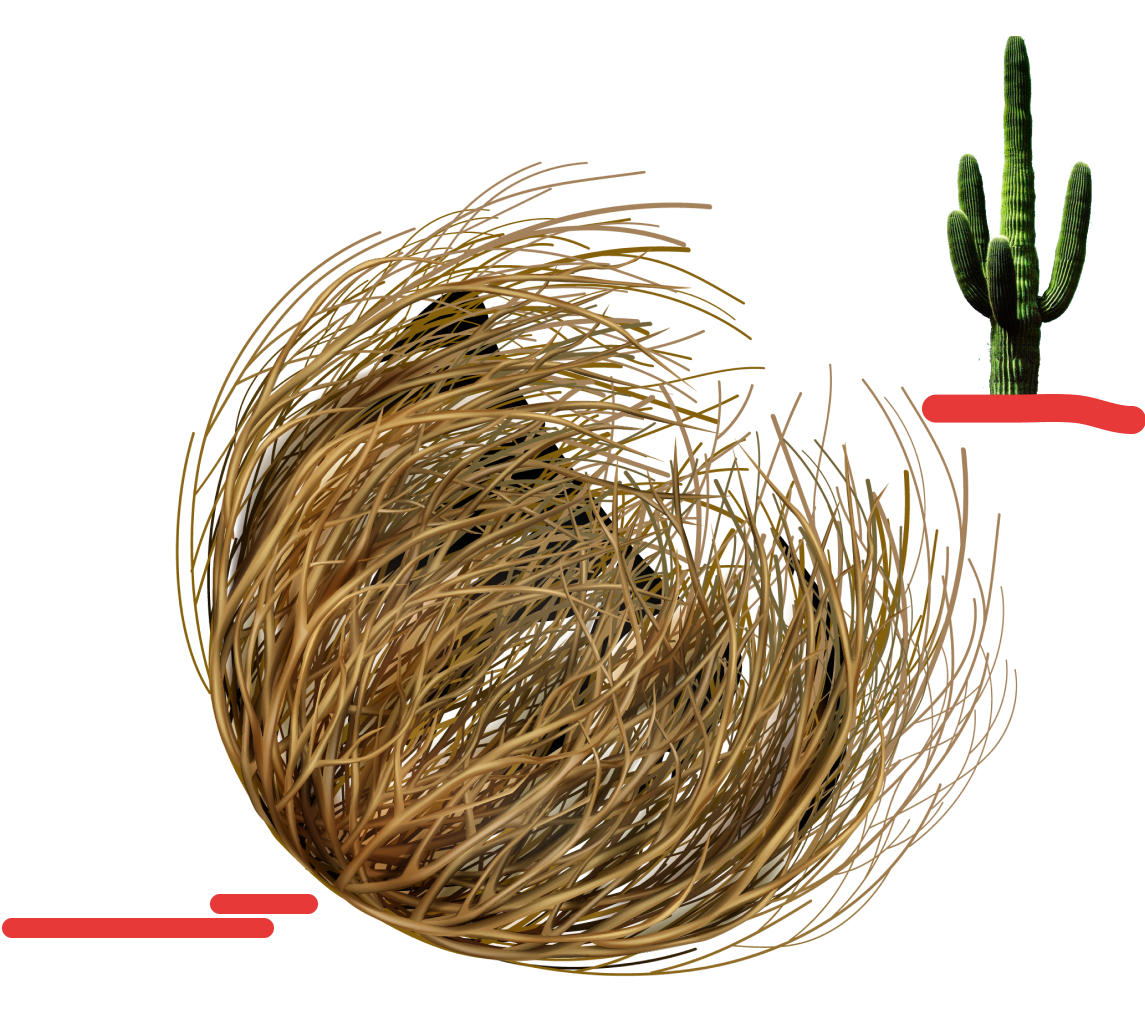English articles grammar rules
.png)
About course
Articles in English play an important role. They help us form clear and correct sentences. The use of articles in English helps us understand whether we are talking about something specific or general.
In this course, we will cover three golden rules that will help you understand articles in the English language, as well as set phrases and exceptions that need to be memorized.
This course is intended for people with an intermediate level of knowledge. As an extra bonus, here’s our free course on articles with geographical names that might be useful for you.
-
Level: Intermediate
-
90 minutes
- 2 lessons
-
22 tasks
-
Teacher's language: Ukrainian
Course program
2 УРОКА
Three Golden Rules
We will examine the three rules of using articles in English with examples and explanations, and consolidate the material through interactive exercises.
From Home to the Statue of Liberty
A video lesson on the rules of using zero article, a/an, and the, as well as exercises to help memorise the material and a self-check test.
Bonus
Brief and concise grammatical rules in a separate file.
Who is this course for
For those who are learning English and want to improve their grammar knowledge.
For those who already speak English confidently, but want to bridge the gap in their knowledge of articles.
The course is also suitable for teachers who want to explain articles to their students clearly and intelligibly.
What will you get after the course
You will learn how to use articles correctly in English, and also stop confusing rules and exceptions. This course will help you easily master such a confusing topic as articles.
-
Level: Intermediate
-
90 minutes
- 2 lessons
-
22 tasks
-
Teacher's language: Ukrainian
Articles in English serve as a functional part of speech that is used only with nouns and defines their characteristics. The article “the” indicates that the noun is definite, while the “a” and “an” are indefinite. There is also the conditional grammatical concept of zero article in English grammar, which indicates the absence of any article before a noun.
English articles grammar rules
One of the most important functions of it is to define nouns, because one word can often be both a noun and a verb, for example:
|
Noun |
Verb |
|
the end |
to end |
|
a count |
to count |
|
a dream |
to dream |
Indeed, they can sometimes precede adjectives, don't you agree? In fact, such an article is only related to a noun. As a general rule, all descriptive adjectives should come between it and the noun in a sentence:
-
a hard job;
-
an atomic submarine;
-
the White House.
This rule about articles in English works even if two adjectives are used at the same time:
-
a big red apple;
-
an evil terrible dog;
-
the long boring movie.
The definite article “the”
“The” is used to distinguish an object in a general list and to emphasize that we are talking about it. In speech, it is used along with uncountable nouns and those used in plural.
Would you like to learn a life hack on how to understand the logic of using “the” in English? Remember: “the” is nothing more than a derivative particle from the demonstrative pronouns such as this, these, that, those. Therefore, if you can add one of these pronouns to a noun in a sentence, then “the” is usually used before it. For example:
-
The students in my group are very young (we are not talking about any students, but about those who study in a particular group)
To help you remember when to use the definite article in English, keep a list of specific cases:
-
if the concept has already been mentioned before or if we are talking about a specific object/person;
-
when we are talking about a unique thing or concept (i.e. the Earth planet), which is the only one in the universe, or the Nile river;
-
when we are talking about generic concepts (e.g. the birch as a genus of deciduous trees);
-
when denoting the nationality of a group of people or an individual (however, it should be noted that nationalities can also be referred to without an article);
-
when mentioning such countries as the Netherlands and the Vatican, which is an old linguistic norm that has simply survived to this day;
-
to describe a group of objects, in particular, it can be islands, mountain chains, lakes, and even a surname if we mean a whole family;
-
to describe a specific organization, for example, the BBC.
Needless to say, there are many more cases of using the English article “the” and it is simply impossible to fit them into one. That's why it's important to enroll in a full course from Booyya dedicated to this complex topic.
The indefinite articles “a” and “an”
The indefinite “a”/”an” refers to singular nouns that can be counted. Another life hack to remember: “a”/”an” is a functional part of speech that comes from the numeral “one”. Thus, this part of speech is used to refer to an object that is only one of many, without highlighting which particular object is meant. Therefore, if you can insert the word one before a noun, you need “a”/”an”:
-
an apple – one apple;
-
an hour – one hour;
-
a message – one message.
You must have noticed that we use “a” before words that start with a consonant sound. Conversely, before nouns that start with a vowel (or the consonant sound disappears when pronounced), “an” is used.
What you should know about zero article
The need to use articles in English disappears if we simply use a possessive or demonstrative pronoun in a sentence (i.e. his film, my dog). If we use plural genitive nouns, but we are not talking about a specific object, it is also not needed. It is also used to describe days, months, holidays, languages, colors, diseases, drinks, sports, food, and locations.
How to learn English articles grammar rules within 3 days
The grammar is quite extensive, so you shouldn't force yourself to learn it in one day as it can only lead to procrastination. To make this task easier, we've added a new intensive course to the Booyya platform that describes the rules. The course consists of three lessons, each of which describes one of the three principles of using this mysterious functional part of speech. These principles will help you understand this grammatical feature of English even better and start speaking and writing with confidence.
Here are a few more benefits of the Booyya course:
-
you will learn about all articles and how to use them;
-
the explanations will be interesting and easy for beginners, because there will be plenty of examples;
-
in the final part of the course, you will have exercises and tests to consolidate your knowledge.
The course is created for beginners who have just started learning English. That is why all explanations are given in Ukrainian and with the use of basic vocabulary.
- access to all 205 English courses on the platform, except for the English PRO series
- 2 - 4 new courses every month
- exclusive access to SUBSCRIPTION ONLY courses
- access to the Smarte+ - smart online tool for English practice
- unlimited studying for the selected period
- access to self-study English plans























.png)



